What is a reserve account?
When a business owner applies for a merchant account, they probably have heard the term reserve used throughout the conversation. A reserve is an amount set aside to use for an unexpected financial event. In the case of merchant accounts, the financial events would be considered chargebacks, returns, and processing fees that would ultimately fall on the shoulders of the merchant processor when the funds are not available.
Having the reserve in place is the ultimate security blanket to cover the merchant processor in the case the cash flow is not readily available. There are risks involved when accepting credit card payments. With the reserve in place, it protects the merchant processor from possible disputes, fraud, or business closure.
Types of Reserve Accounts
In the merchant processing world, you may come across 3 different types of reserve accounts. Upfront Reserves, Accrual Reserves, and Rolling Reserves. The reserve account that is placed on the business at the time of opening will be dependent on a few factors.
Let us take a deeper look
Up Front, reserve is typically used for newer businesses that have not established earnings quite yet. With the upfront reserve, a business owner may be required to pay a certain amount to be placed in an escrow account. A portion of the fees can be collected with each sales transaction, but more than likely it will be required upfront at the time of set up.
Accrual reserve is a set amount that is taken out of sales transactions until your agreed-upon reserve is met.
Rolling reserve is the most common and what most merchant processors use. This reserve is kept on the account for a certain length of time and can usually be taken off if certain requirements are met.
There are ways to have the reserve removed after a certain time frame. however, it is always best practice to ask your merchant account processor the requirements to get those fees removed
What Determines a Company’s Reserve?
Again, many factors go into play on what type of companies may have reserves. Companies such as
- High-Risk Accounts
- High Processing Volume accounts
- Companies with bad or little history
- High volume, recurring revenue model
Due to the type of business models, these companies have, ensuring some type of protection from chargebacks or business closure is important. It is important to note that the company will typically get their fund back after a 6–12-month period if they demonstrate good history on the account
If you are looking for little to no reserve, then reach out to 5 Star Processing today and learn more about our exclusive perks for our members. Speak to one of our friendly team members at 888-253-9692 or sales@5starprocessing.com






